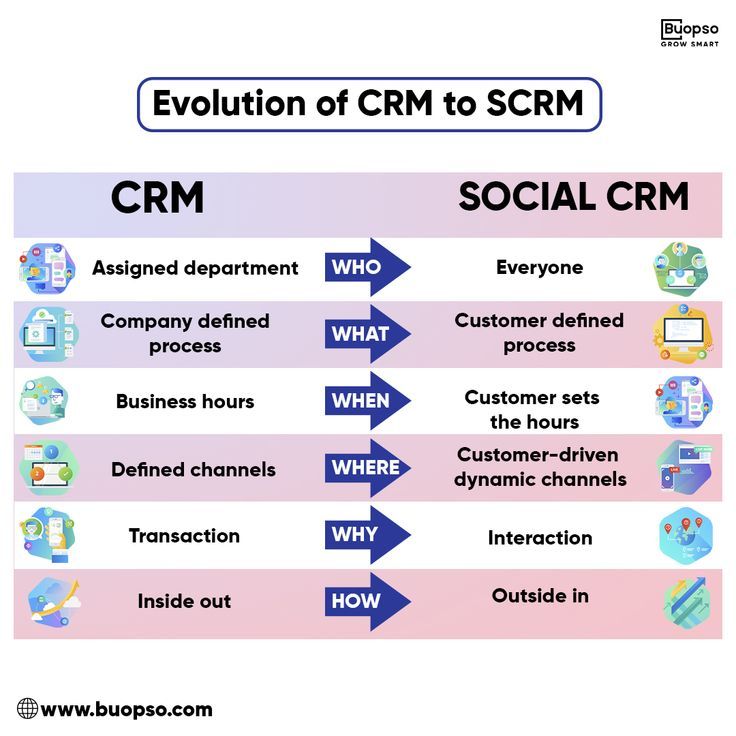
Personalization at Scale: Using CRM for Targeted Marketing
In an era where customers expect personalized experiences, businesses must leverage advanced tools to meet these demands. Personalization at scale has become a cornerstone of effective marketing strategies, and Customer Relationship Management (CRM) systems are instrumental in achieving this goal. By using CRM for targeted marketing, businesses can deliver tailored messages and offers to their audiences, enhancing engagement, conversion rates, and customer loyalty.
Understanding Personalization at Scale
Personalization at scale refers to the ability to deliver individualized experiences to a large number of customers. It involves using data to understand customer preferences, behaviors, and needs, and then crafting marketing messages that resonate with each segment of the audience. Unlike traditional one-size-fits-all marketing approaches, personalized marketing aims to make each customer feel valued and understood.
The Role of CRM in Targeted Marketing
- Data Collection and Management: CRM systems are designed to gather and organize vast amounts of customer data from various touchpoints, including website interactions, social media, email campaigns, and purchase histories. This centralized data repository provides a comprehensive view of each customer, enabling marketers to understand their preferences, behaviors, and needs.
- Segmentation: With detailed customer data at hand, CRM systems allow businesses to segment their audience into distinct groups based on demographics, buying behaviors, interests, and engagement levels. Segmentation is crucial for targeted marketing as it helps in crafting messages that are relevant to each group, increasing the likelihood of conversion.
- Personalized Content Delivery: CRM systems facilitate the delivery of personalized content through various channels, such as email, social media, and SMS. By integrating with marketing automation tools, CRMs can trigger personalized messages based on customer actions or predefined criteria. For instance, a customer who abandons their shopping cart might receive a tailored email with a discount offer to complete the purchase.
- Predictive Analytics: Advanced CRM systems incorporate predictive analytics to forecast customer behaviors and trends. By analyzing past interactions and behaviors, predictive models can identify customers who are likely to churn, purchase a specific product, or respond to a particular campaign. These insights enable businesses to proactively engage customers with relevant offers and content.
- Tracking and Measurement: Effective marketing requires continuous tracking and measurement. CRM systems provide analytics and reporting tools that help businesses monitor the performance of their personalized marketing campaigns. Metrics such as open rates, click-through rates, conversion rates, and customer lifetime value can be tracked to assess the impact of personalization efforts and refine strategies accordingly.
Benefits of Using CRM for Personalization at Scale
- Enhanced Customer Engagement: Personalized marketing messages resonate more with customers, leading to higher engagement rates. When customers receive content that is relevant to their interests and needs, they are more likely to interact with the brand and respond positively.
- Improved Customer Experience: Personalization makes customers feel valued and understood, which enhances their overall experience with the brand. A positive customer experience fosters loyalty and encourages repeat business, ultimately driving long-term growth.
- Increased Conversion Rates: Targeted marketing campaigns are more effective in driving conversions compared to generic ones. By delivering the right message to the right audience at the right time, businesses can significantly boost their conversion rates and revenue.
- Efficient Resource Allocation: CRM systems help businesses allocate their marketing resources more efficiently. By targeting specific customer segments with tailored campaigns, businesses can maximize their return on investment (ROI) and reduce wasteful spending on ineffective marketing efforts.
- Competitive Advantage: In a crowded market, personalization can be a key differentiator. Businesses that excel at delivering personalized experiences stand out from the competition, attracting and retaining more customers.
Best Practices for Implementing CRM for Targeted Marketing
- Clean and Update Data Regularly: Ensure that customer data in the CRM system is accurate and up-to-date. Regularly clean and update the data to avoid targeting errors and maintain the effectiveness of personalization efforts.
- Leverage Marketing Automation: Integrate your CRM system with marketing automation tools to streamline the delivery of personalized messages. Automation enables timely and consistent communication with customers, enhancing the impact of your campaigns.
- Test and Optimize Campaigns: Continuously test different elements of your personalized marketing campaigns, such as subject lines, content, and offers. Use A/B testing to identify what works best and optimize your strategies based on the results.
- Respect Customer Privacy: Personalization requires the collection and use of customer data, so it is crucial to respect customer privacy and comply with data protection regulations. Be transparent about data usage and provide options for customers to manage their preferences.
- Focus on Value: Personalization should always aim to provide value to the customer. Whether it’s a relevant product recommendation, helpful content, or a special offer, ensure that your personalized messages are designed to meet the needs and interests of your audience.
Conclusion
Personalization at scale is no longer a luxury but a necessity in today’s competitive market. By leveraging CRM systems for targeted marketing, businesses can deliver personalized experiences that resonate with customers, drive engagement, and foster loyalty. With the right approach and tools, personalization can transform customer relationships and propel business success. Embracing CRM for personalized marketing is a strategic move that offers significant advantages and positions businesses for sustained growth in the digital age.